University of Stuttgart
Rydberg Quantum Computing Research Group
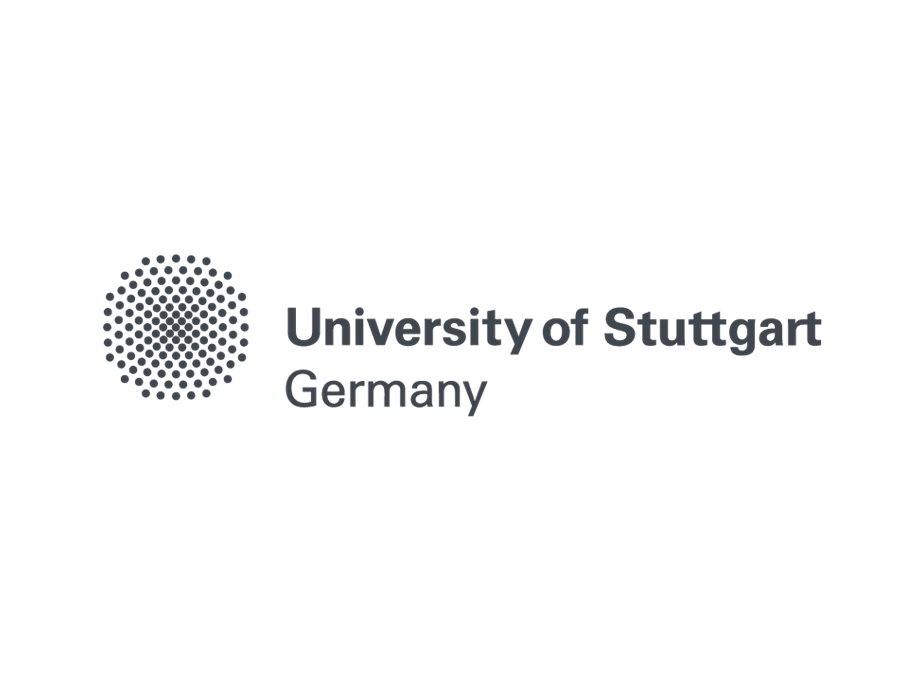
Role in the consortium
Our team will develop new concepts for quantum information storage in a Rydberg atom quantum computer with Sr atoms. To this end, we will work on a dual-qubit system that combines control over two qubit encodings at the same time. Specifically, we aim to bring together a Raman qubit optimized for fast gate operations with a “clock” qubit exploited to realize extreme coherence times of several seconds and long storage. We are also working on GPU-assisted qubit readout for fast feedback. On the theory side, we will work on microscopic models for Rydberg quantum gates to understand and minimize limiting experimental imperfections, and elaborate on applications for error correction.
What are the goals?
- Coherent state transfer between the Raman and the clock qubit
- Demonstration of magic wavelength trapping for both qubits
- System readout and implementation of active feedback
- Microscopic modelling of Rydberg quantum gates
- Applications of error correction on a Rydberg quantum computer
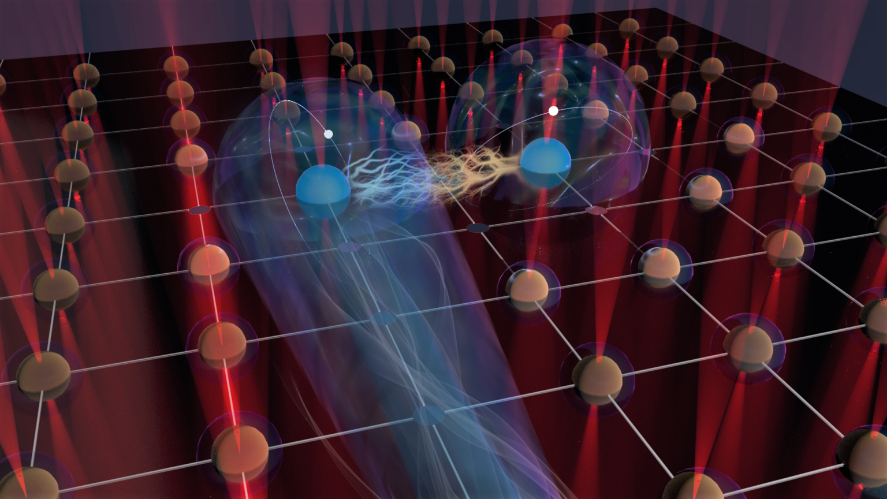
Illustration of a Rydberg gate on a neutral atom qubit array
How do we plan to achieve that?
Key to this goal is the simultaneous magic trapping of the Raman qubit (3P0-3P2) and the clock qubit (1S0-3P0) in bichromatic optical tweezers. We will study triple magic trapping of all three involved qubit states 1S0, 3P0, and 3P2. High-fidelity state transfer between the Raman and the clock qubit will then enable us to explore basic building blocks of error correction codes requiring state detection within the coherence time of the qubits. We plan to perform measurements on ancilla qubits and will demonstrate active feedback on the remaining qubit array.
Open positions
If you are excited about quantum computing with neutral atoms and would like to develop cutting-edge technology – join us! We are hiring:
Currently, we have multiple openings for PhD students (experimental) and postdocs and are looking for candidates, preferably with a strong background in atom trapping, active optics, or complex control engineering.
Visit our website www.thequantumlaend.de for more information about on open positions.
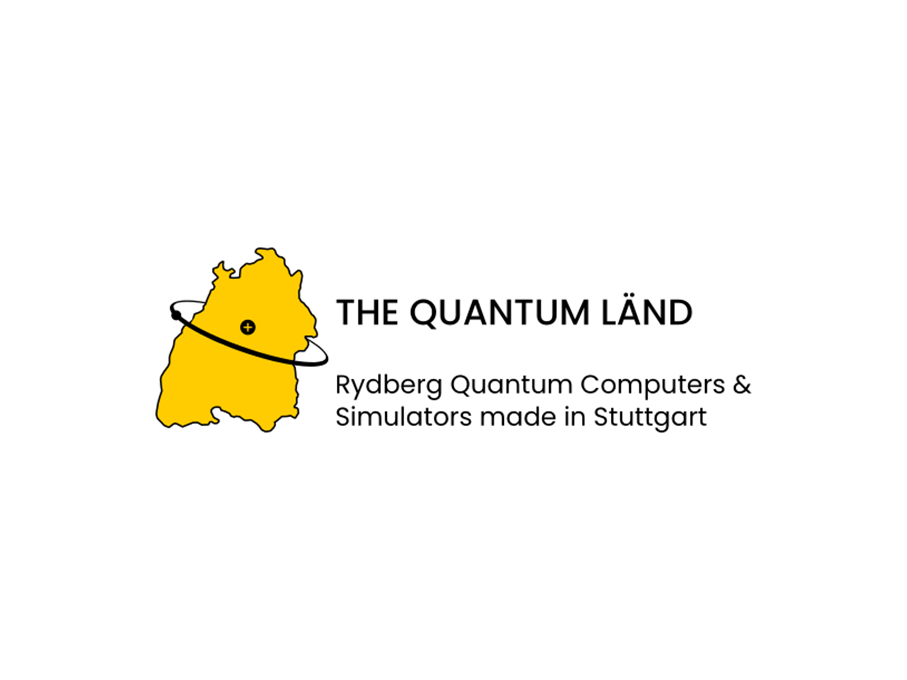
Team
The University of Stuttgart (5th Institute of Physics & Institute of Theoretical Physics III) brings leading expertise in experiment and theory of strongly interacting Rydberg atoms. T. Pfau is founding director of the IQST quantum center (Stuttgart/Ulm) and coordinator of the DFG priority program GiRyd. Within the consortium QRydDemo, T. Pfau, F. Meinert and H.P. Büchler realize a Rydberg atom quantum computer with individually controlled Sr atoms [1-3].
[1] Quantum computing device, use, and method, F. Meinert, T. Pfau, C. Hölzl, EU Patent Application No. EP20214187.5.
[2] Cell for performing quantum optical measurements, F. Meinert, P. Ilzhöfer, C. Hölzl, T. Pfau, EU Patent Application No. EP21211024.1
[3] Apparatus and method for producing optical tweezers, F. Meinert, P. Ilzhöfer, T. Pfau, M. Traub, M. Adams, H.-D. Hoffmann, EU Patent Application No. EP22211813.5
Prof. Dr. Tilman Pfau
Principal investigator
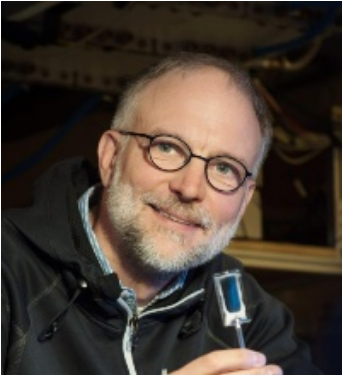
Tilman is the director of the 5. Physikalisches Institut at the University of Stuttgart. He has pioneered the field of interacting Rydberg atoms and long range interacting quantum gases and is heading the German priority program on Giant interactions in Rydberg Systems (GiRyd).
Dr. Florian Meinert
Principal investigator
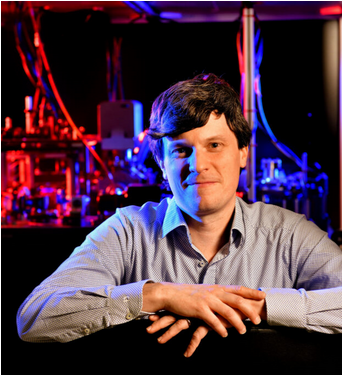
Florian leads the QRydDemo project as a junior research group leader at the 5th Institute of Physics at the University of Stuttgart. Within his young researcher project CiRQus, he is also setting up a quantum simulation platform with circular Rydberg states.
Prof. Dr. Hans Peter Büchler
Principal investigator
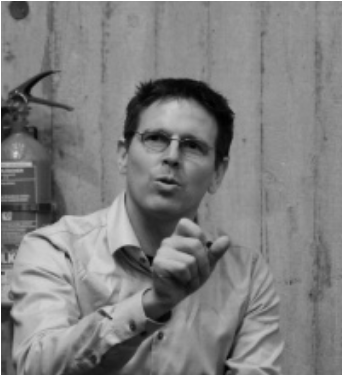
Hans Peter is director of the 3rd Institute for Theoretical Physics at the University of Stuttgart and a leading expert in the theoretical description of quantum phenomena in systems with Rydberg atoms.
Dr. Sebastian Weber
Senior scientist
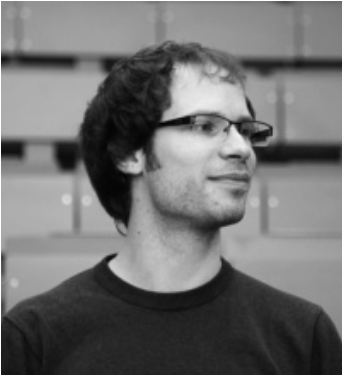
Sebastian Weber is a postdoctoral researcher at the 3rd Institute for Theoretical Physics at the University of Stuttgart and a developer of the pairinteraction software. He is an expert in the numerical modeling of Rydberg systems.
Dr. Philipp Ilzhöfer
Senior scientist
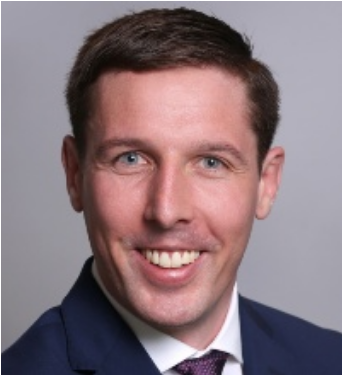
Before joining the 5th Institute of Physics at the University of Stuttgart for setting up the QRydDemo quantum computer demonstrator, he obtained his doctorate from the University of Innsbruck. In the group of Francesca Ferlaino, Philipp was has built a dual-species cold atom experiment combining for the first time the dipolar atoms Dysprosium and Erbium.
Dr. Govind Unnikrishnan
Postdoc
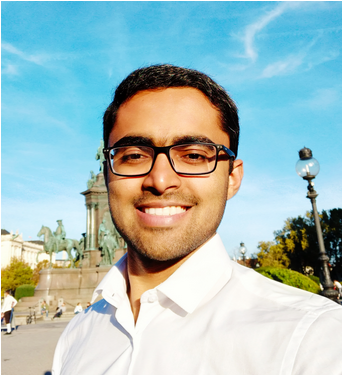
Govind works on the experimental aspects of the QRydDemo project. He obtained his doctorate from the University of Innsbruck and has also worked at UC Berkeley, focusing on ultracold atoms. He obtained his master’s from IISER, Pune.
Dr. Ratnesh Kumar Gupta
Postdoc
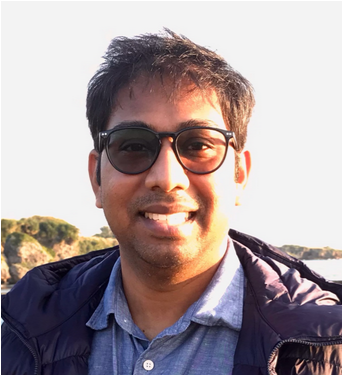
After finishing a PhD, studying interactions of atoms with optical nanofibers under the supervision of Prof. Sile Nic Chormaic at Okinawa Institute of Science and Technology, Japan, Ratnesh joined the QRydDemo project to pursue his research interests further in Quantum Technologies and specifically, Quantum Computing.
Jiachen Zhao
PhD student
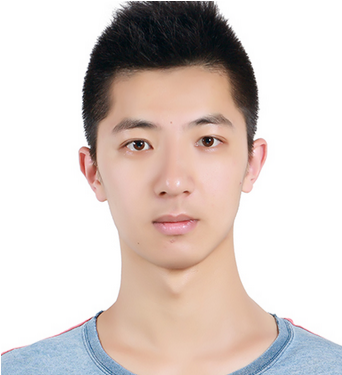
Originally from the Northwest of China, Jiachen moved to Germany to do his Master’s degree at the University of Bonn. He then joined the Ytterbium experiment in Prof. Sebastian Hofferberth's group. After completing his Master’s degree, being highly interested in Rydberg atom quantum computers, he joined the QRydDemo group at University of Stuttgart in 2022 as a PhD student.
Nastasia Makki
PhD student
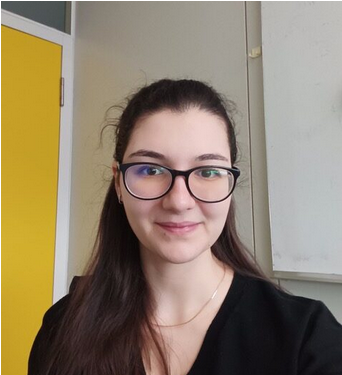
Originally from Lebanon, Nastasia moved to Germany to join the 3rd Institute for Theoretical Physics at the University of Stuttgart in 2020 as a PhD student. After completing her Bachelor studies in Lebanon, she received a scholarship to participate in the Postgraduate Diploma Program of ICTP in Trieste, Italy. She earned the master’s degree from the University of Waterloo, in Canada after graduating the PSI program at the Perimeter Institute.
Contact persons
Scientific questions and open positions:
Prof. Dr. Tilman Pfau t.pfau(at)physik.uni-stuttgart.de
Dr. Florian Meinert f.meinert(at)physik.uni-stuttgart.de
Prof. Dr. Hans Peter Büchler buechler(at)theo3.physik.uni-stuttgart.de
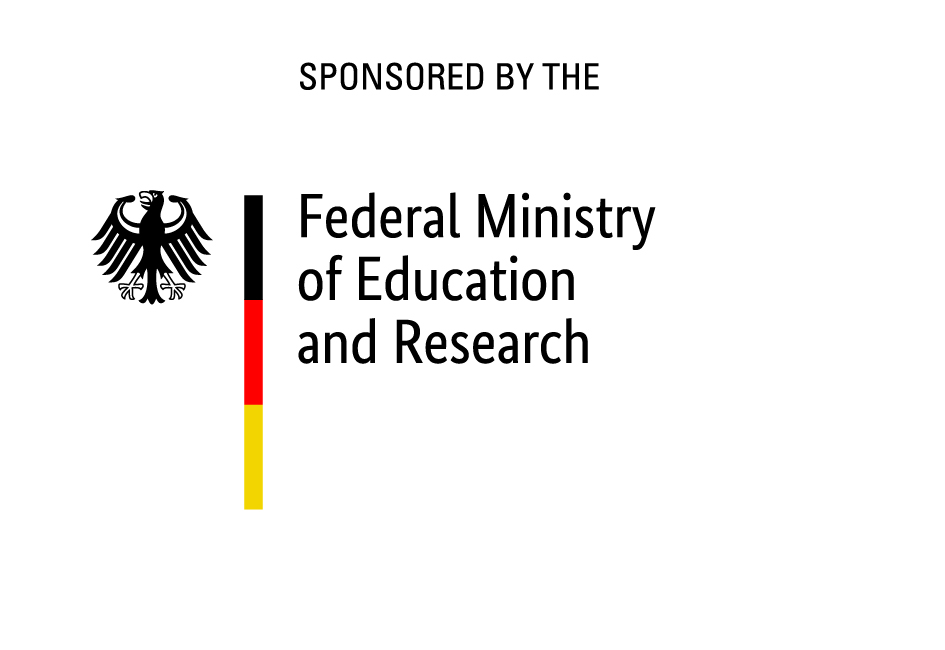
Funding acknowledgement
Sponsored by the Federal Ministry of Education and Research, grant number 13N16084